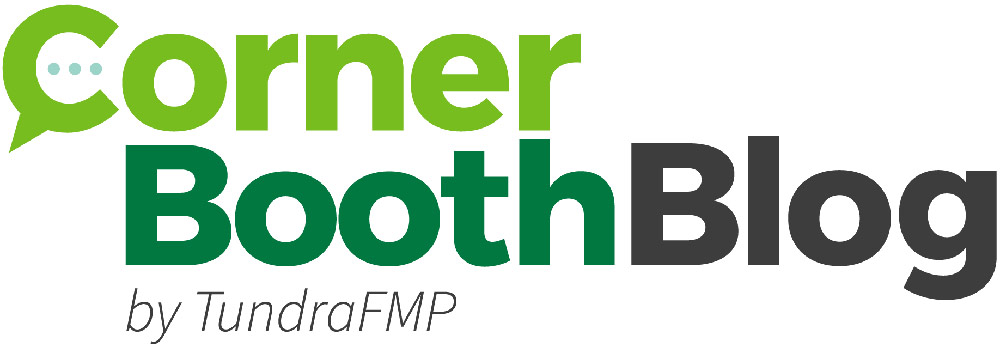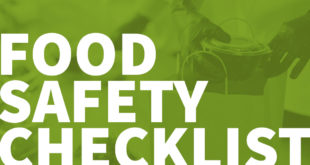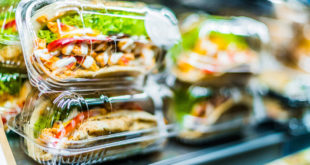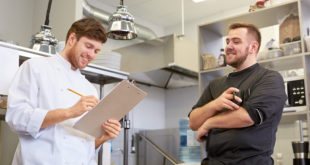 I sometimes hear employees say that health inspections occur only between 8:00 am and 4:00 pm on weekdays. Well…that is when they usually DO occur, but they CAN occur just about anytime.
I sometimes hear employees say that health inspections occur only between 8:00 am and 4:00 pm on weekdays. Well…that is when they usually DO occur, but they CAN occur just about anytime.
When Inspections Occur
The Colorado Retail Food Establishment Rules and Regulations state, “Agents of the Department, after proper identification, shall be permitted to enter any retail food establishment during business hours and at other times during which activity is evident to determine compliance with these rules and regulations.”
If you open at 11:00 am, the inspector can inspect your prep activities at, say, 10:00 am – SURPRISE! If you close at 9:00 pm, the inspector can arrive at 8:30 pm and inspect your final food service and your closing procedures.
Early-bird inspectors can show up at 6:30 am (I’m not kidding), on Saturday morning, or night-owls may start late and work through the evening hours. It all depends on how the local agency schedules their inspectors.
What to Expect
Inspections determine compliance with the rules – that is their purpose. It may be a complete inspection, or it can be an inspection focusing on just the critical items. At other times a customer complaint can generate an inspection. In any case, expect the primary emphasis to be on the food, food handling practices, employee hygiene, hand washing, and prevention of cross contamination.
Your inspector will check representative food temperatures in most, if not all, of your hot and cold holding units. Be prepared to explain your procedures for cooling and reheating. If you have a pest control contact, show it to the inspector to demonstrate your good faith effort to control this area.
If you use temperature logs, it is a good idea to show them. If critical violations are found, correct them immediately if possible, and request that the inspector document your corrective action.
For example, if soup is 130 F on the steam table, immediately reheat it to at least 165 F, then place it back into service.
Where Can They Look?
Your premises is subject to inspection. Premises is defined as “the physical facility, its contents and the contiguous land or property and its facilities and contents that may impact retail food establishment personnel, facilities, or operations.
Practically speaking, be prepared to have at least the following areas routinely inspected: the entire BOH, all food storage areas, chemical storage rooms or closets, FOH server stations, dining room salad bars, entire bar operations, and dumpster areas.
Few things are more suspicious to an inspector than sensing an area is being concealed from them!
Final Recommendation
Don’t make food safety a game of cat and mouse. For the sake of your customers health, your business investment, and your reputation, exert consistent control over your food safety procedures and the practices of your employees. Do it every shift, every day.
 Corner Booth Blog | TundraFMP Restaurant Supply, News & Equipment Blog
Corner Booth Blog | TundraFMP Restaurant Supply, News & Equipment Blog




Great recommendations! Obviously the best way to pass an inspection is to always be “inspection-ready”. But without sophisticated technology that’s not always possible. Good stuff!